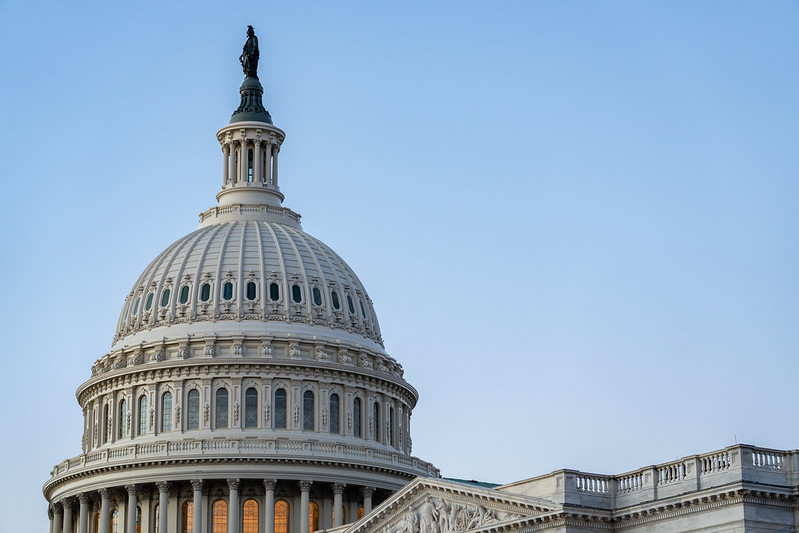Already a subscriber? Make sure to log into your account before viewing this content. You can access your account by hitting the “login” button on the top right corner. Still unable to see the content after signing in? Make sure your card on file is up-to-date.
A growing number of lawmakers on both sides of the political aisle are pushing back on a plan to sell over 2 million acres of federal public land across 11 Western states.
Some shit you should know before you read: If you’re unaware, the US government owns approximately 640 million acres of land (about 28% of the nation’s total land area), with the vast majority located in the western United States. This land is typically kept for a range of reasons, including conservation, recreation, energy development, and military use. Nevada has the highest percentage of federally owned land, with about 81% of the state under federal control, followed by Utah (64.9%), Alaska (61.2%), and Idaho (61.6%).

What’s going on now: In a notable development, Senator Mike Lee, who chairs the Senate Energy and Natural Resources Committee, introduced a proposal to sell or transfer more than 2 million acres of federally managed public land as part of the Republican budget package known as the “One Big Beautiful Bill.” Lee’s measure mandates that the Secretaries of the Interior and Agriculture identify and initiate the sale of at least 0.5% and up to 0.75% of lands currently managed by the Bureau of Land Management (BLM) and US Forest Service (USFS), a range that equates to 2.1 million to 3.2 million acres.
Senator Lee has defended the plan as a practical solution to several long-standing issues, including housing shortages and inefficient federal land stewardship. In a video released by his office, he claimed that the lands targeted for sale are primarily “isolated parcels” unsuitable for recreation or conservation but potentially valuable for housing or infrastructure. “Washington has proven time and again it can’t manage this land. This bill puts it in better hands,” Lee said. He has also argued the measure could stimulate local economies, particularly in Western states, by expanding the available land base for residential and commercial development while generating revenue through land sales.
Despite this, there is growing opposition among lawmakers who argue that the proposal would sacrifice public resources for questionable benefits. Representative Ryan Zinke, a Republican from Montana and former Interior Secretary, expressed opposition. In a statement on X, he said, “I have said from day one I would not support a bill that sells public lands. I am still a no on the senate reconciliation bill that sells public lands. We did our job in the House. Let’s get it finished.” In addition to Zinke, many democratic lawmakers have also come out against selling public land.
Senator Lee insists that national parks, monuments, and wilderness areas would not be included in the sales, attempting to reassure critics that the plan is focused on less vital, harder-to-manage tracts.







